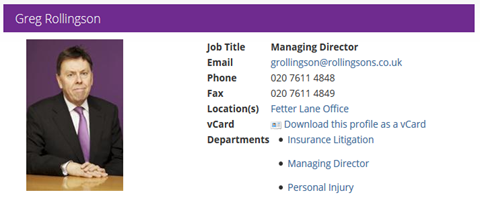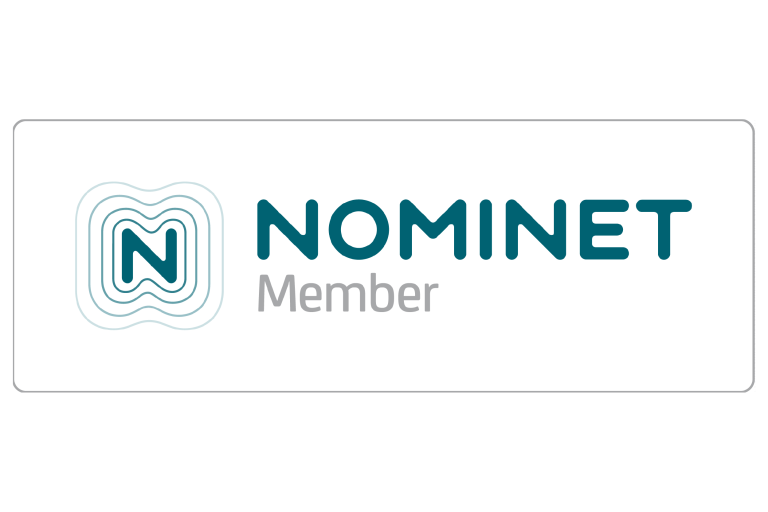A vCard is a simple file format that stores an electronic version of your business card. You can store all of your personal contact details on it such as your name, email address, phone numbers, business address, the name of your secretary, a photograph of yourself, your business name and virtually any other piece of information you can think of about yourself and your business. The vCard format has been around since 1995, which in internet terms is ancient. That’s 9 years before Facebook was even a glimmer in Mark Zuckerberg’s eye! It was created by a team of engineers called the Versit Consortium. This is where the v in vCard comes from, it stands for Versit. The vCard was invented back in a time when most of the standards used today were still in their infancy. The vCard uses a simple text format. This makes the file format easy to understand on all platforms and is decipherable by humans and computers alike. You could open up a vCard file in your favourite text editor and be able to understand what is stored in it but it is normally used by importing the data into your email / contacts management program. All email and contact management clients support the vCard format. The vCard format has also evolved with time and changing data format preferences. There are also several complimentary technologies called jCard, hCard and xCard. These package up the same vCard standard but just store the data in a different format (for example xCard uses XML markup). The vCard is most commonly passed around as an attachment to an email but they can also be included as part of website content management systems. DBS have helped many of our clients by building “our people” style content management systems which support downloading these vCards such as in the screenshot below.  If you’re interested in learning more about using vCards for your business or you would like to get them integrated into your website then contact DBS today.
If you’re interested in learning more about using vCards for your business or you would like to get them integrated into your website then contact DBS today.
Make it easy for your visitors to add you to their address book with a vCard
A vCard is a simple file format that stores an electronic version of your business card. You can store all of your personal contact details on it such as your name, email address, phone numbers, business address, the name of your secretary, a photograph of yourself, your business name and virtually any other piece of…









